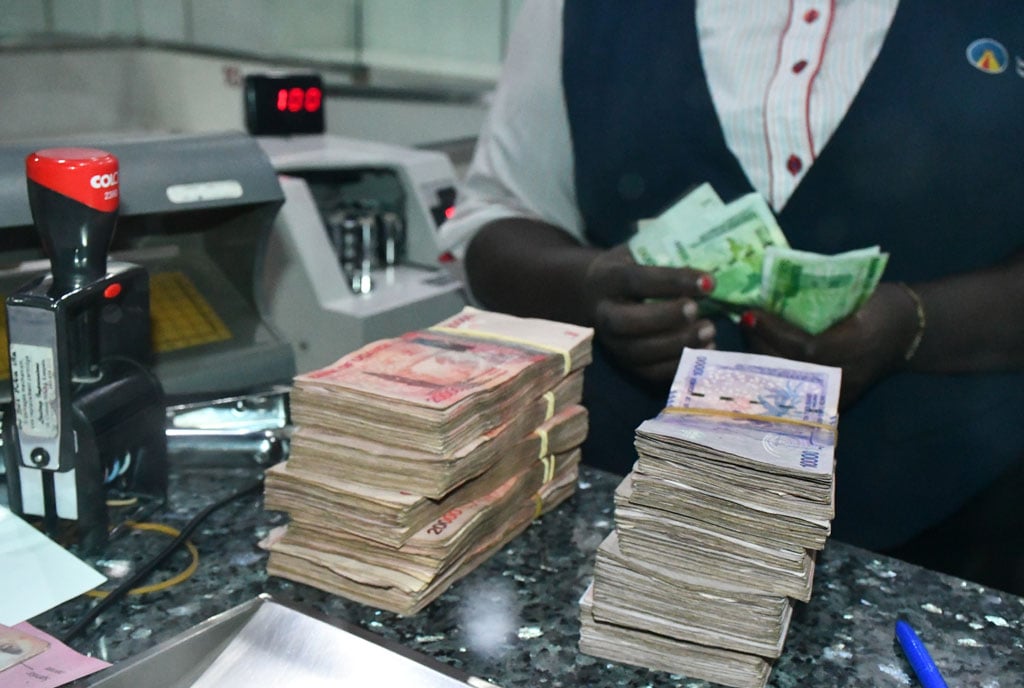Prime
Govt suppliers will only pay VAT after their invoices are cashed

Government suppliers will only be required to account for VAT on goods and services that have been paid. PHOTO/FILE
What you need to know:
- Unlike before when government suppliers were expected to account for VAT at delivery, invoicing or payment, the shift means they will only account after they have been paid.
Goods supplied to government will, beginning July 1, not be subjected to value added tax (VAT) before their invoices are cashed.
The policy shift is contained in the new tax amendments 2022 that were passed by Parliament but still awaiting to be signed by the President.
Speaking at the weekend, Mr Robert Wamala Lumanyika, the Uganda Revenue Authority (URA) public and corporate affairs acting manager, confirmed that government suppliers will only be required to account for VAT on goods and services that have been paid.
Previously, he said, government suppliers would be expected to account for VAT at the point of delivery, invoicing or payment.
“Now the change is, for those who will be supplying government, will only account after government has paid. This is basically to help businesses not to pay when they have actually not received money [because] it ties up capital,” he said, noting this is a good initiative that will help suppliers to free up capital.
Government holds up to about Shs2 trillion in domestic arrears, some of which have gone for more than five years without being paid.
However, about Shs700b has been paid with government committing to fully clear money due to suppliers in at least the next five financial years.
Speaking last week during a workshop on high commodity prices, Mr Ramathan Ggoobi, the Finance Ministry permanent secretary, said government was committed to clearing domestic arrears, warning ministries, departments and agencies against procuring goods and services without paying for them.
The shift, analysts have said will save suppliers from having to mobilise for money to pay VAT whose payments they have not been received.
Speaking during a tax and budget engagement last week, Mr John Jet Tusabe, the BDO tax advisory director, said that although the policy had not been included in the tax amendments presented by the Ministry of Finance, Parliament had seen it important to include it after concerns, especially from government suppliers.
Cash accounting for supplies to government, he said, had over the years presented challenges to tax payers who supply government.
“Parliament heard the cries and decided to do something. This is important because once you invoice government after making a supply, URA expects you every 15th of the following month to [account] for taxes on the basis of the invoice yet government ministries, departments and agencies can take up to six or more months without paying,” he said.
Previously, he added, URA would be on a supplier’s case to account for money that they have not received, going to the extent of instituting penalties such as accrued interest, among others.





